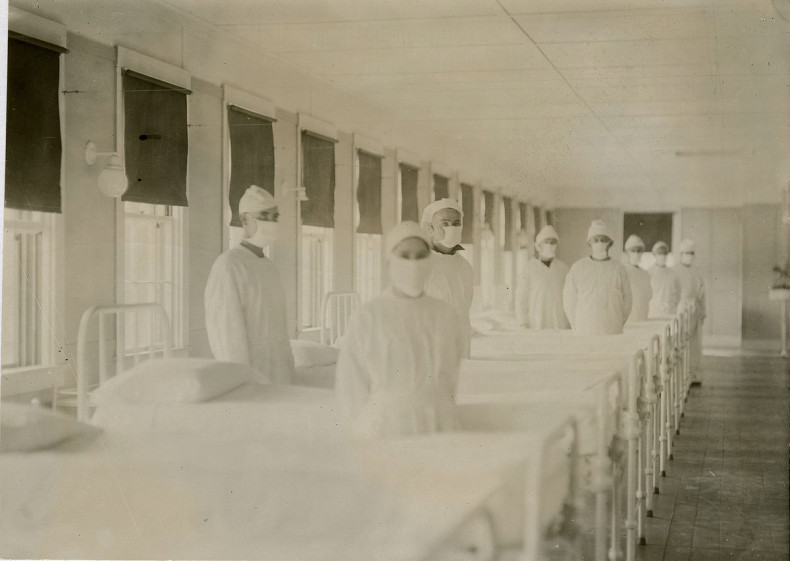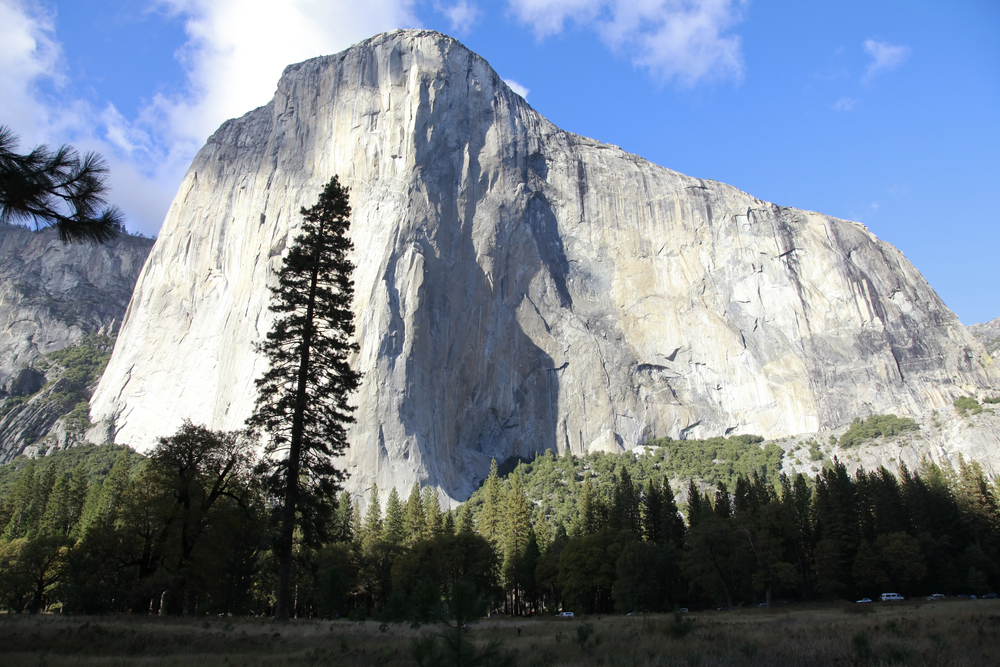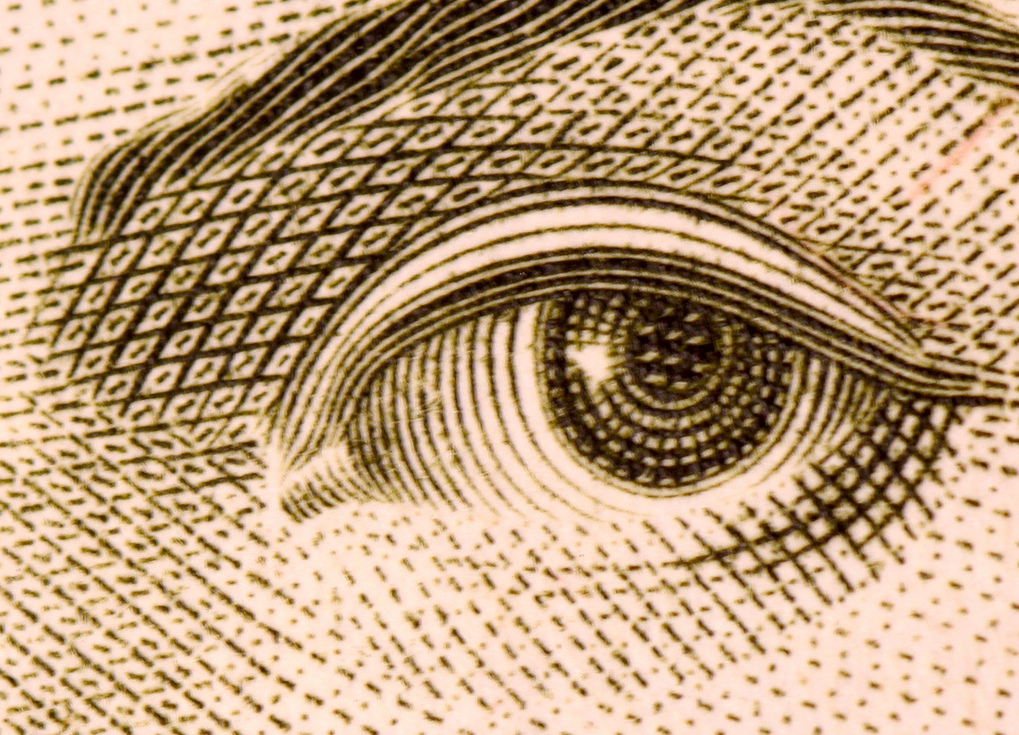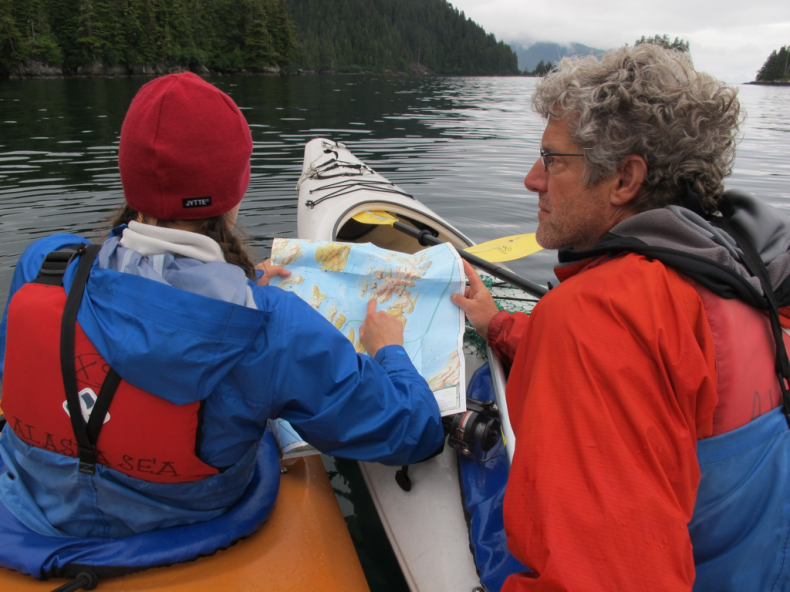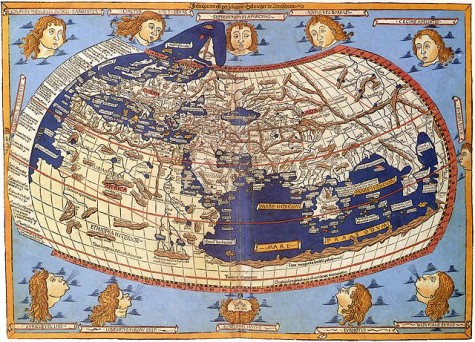 I’ve probably said this before, but I really like maps. In college, I bought a huge collection of used maps at a geography department sale to use as wrapping paper. When we lived in Oregon, we got a gigantic one of the state to put on the living room wall. (We also got an even bigger one of California, which should have been a clue that we might come back.) And there’s a poor cartographer who I keep interviewing without a story in sight, just because his job seems so cool. Continue reading
I’ve probably said this before, but I really like maps. In college, I bought a huge collection of used maps at a geography department sale to use as wrapping paper. When we lived in Oregon, we got a gigantic one of the state to put on the living room wall. (We also got an even bigger one of California, which should have been a clue that we might come back.) And there’s a poor cartographer who I keep interviewing without a story in sight, just because his job seems so cool. Continue reading
Influenza hit the US hard this winter. In December, the Centers for Disease Control and Prevention (CDC) reported that influenza had reached epidemic proportions across large swaths of the country. Most of us think of the flu as an inconvenience, but the virus can be deadly. In early January, a 26-year-old radiology technician in Wisconsin died when her illness morphed into a blood infection that stopped her heart.
The best way to protect yourself from infection is the flu vaccine. But the shot doesn’t always work. In good years, the flu vaccine is only about 60% effective. And this year is not a good year. Last week the CDC reported that the current vaccine appears to have an effectiveness of just 23%. That means that this season’s vaccine cuts the risk of a doctor’s visit for flu symptoms by about 23%. The vaccine is even less effective in adults and seniors. Continue reading
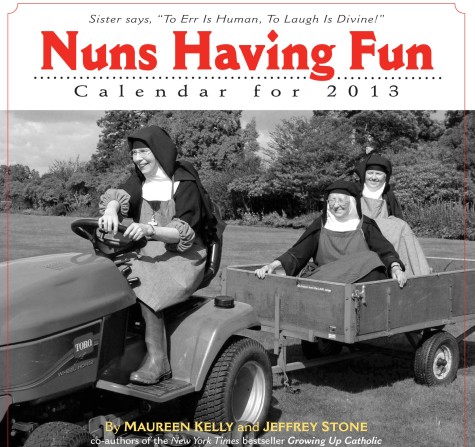 Monday: Guest Stephanie Paige Ogburn shops for an eye surgeon, doesn’t like what she sees.
Monday: Guest Stephanie Paige Ogburn shops for an eye surgeon, doesn’t like what she sees.
Tuesday: Guest Colin Norman dons his best snow goose camouflage, tries to blend in with a flock.
Wednesday: Michelle knows better than to freelance for fun and profit, nonetheless has advice for editors who might smother either.
Thursday: Jessa seeks solid research on suspected Alzheimier’s, comes up with nuns.
Friday: Erik retrieves jaw from floor, explains one of the greatest athletic achievements of all time, re-drops jaw.
Wait: Nuns?
* * *
On Wednesday, at 3:25 Pacific Standard Time, two scruffy, skinny men embraced atop Yosemite’s El Capitan. To the casual observer, just a couple dudes in a national park trying to get off the mountain before sunset. Yet, these men had accomplished something so amazing that the sitting US president would call and congratulate them. So difficult that people thousands of miles away would have to re-evaluate what is possible. And so impressive that that at least one writer is considering adding it to his list of the greatest sports acheivements of all time.
For non-climbers, let me break down what happened. People climb El Cap all the time. I’ve done it, paraplegics have done it, even Ozzy Osbourne’s kid did it. When mortals like us climb it, they stick equipment in the wall and step on that equipment. You might call that cheating, we call it “aid” climbing. To use only your hands and feet (with a rope to catch your fall as we saw last week) is called “free” climbing (no to be confused with climbing ropeless, which most people call “kinda crazy”). Thus, poetically enough, when someone climbs an aid route without cheating, he/she has “freed” it. Continue reading
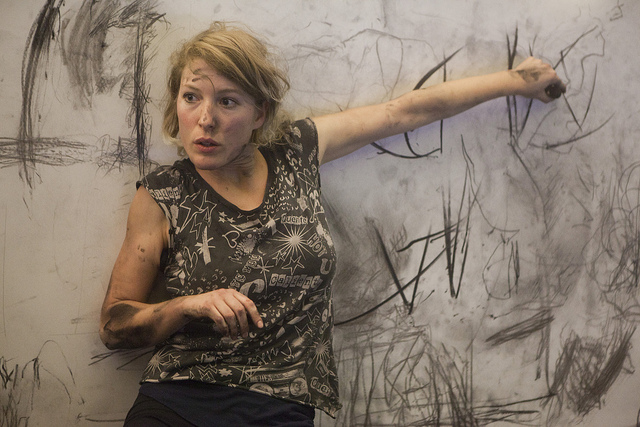 Last month, Fast Company senior editor Reyhan Harmanci published a column called “Freelancing Sucks.” She wrote:
Last month, Fast Company senior editor Reyhan Harmanci published a column called “Freelancing Sucks.” She wrote:
Everyone knows this: the freelancers, who are forced to beg for months-late checks; the editors, who surf on an endless sea of referrals, looking for unicorn writers who turn in copy clean and on time; the readers, who get the short end of the content stick when writers are rushing to work quickly to justify their unlivable wages and editors don’t have the room to build relationships with writers more than one story at a time. It’s a broken system, based on bad economics.
To me, a freelance science journalist who works as both a writer and an editor, this is an all-too-familiar list. The publishing industry’s increasing reliance on the “gig economy” isn’t good for journalists, and it’s not good for journalism. (For war correspondents, it’s arguably life-threatening.) Harmanci is happy that digital-media organizations like Vox and BuzzFeed are bucking this trend with new staff hires, and so am I.
Staffing up is only part of the solution, though. Journalism needs freelancers, and staff editors can make freelancing a whole lot better. Here’s why they should, and how they can.
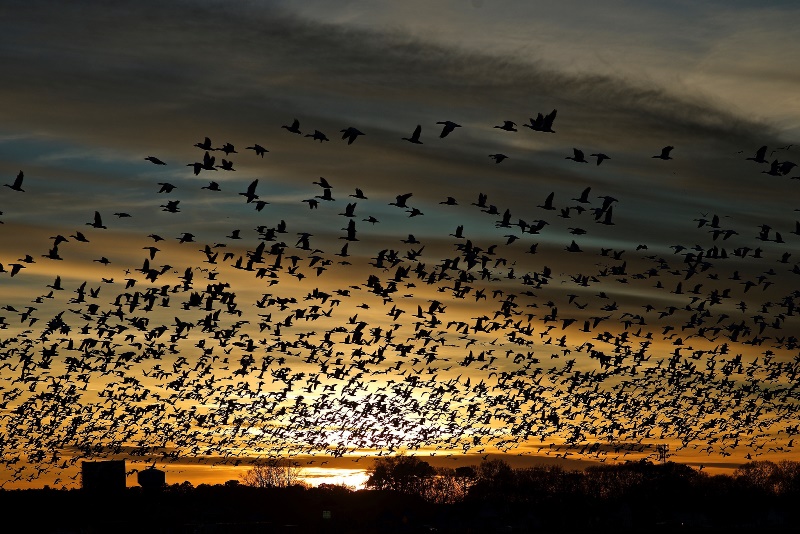 On New Year’s Day, my friend Randy Roberts and I put on white hazmat suits and went out to shoot snow geese. We were told that the birds regard a human in a white suit as one of their own and they let you walk freely among them, something hunters supposedly discovered a while back. We had no intention of killing any snow geese, though: Randy, an accomplished wildlife photographer, was armed with a camera, not a gun.
On New Year’s Day, my friend Randy Roberts and I put on white hazmat suits and went out to shoot snow geese. We were told that the birds regard a human in a white suit as one of their own and they let you walk freely among them, something hunters supposedly discovered a while back. We had no intention of killing any snow geese, though: Randy, an accomplished wildlife photographer, was armed with a camera, not a gun.
We caught up with a gaggle of several hundred birds blanketing a field across the road from the local high school in Lewes, Delaware. To the amusement of passing motorists, we crept up to them in our white suits, looking like inspectors at a superfund site. Just as we got close, they took off in a squawking, whirling blizzard. Nevertheless, Randy got some great shots with the sun setting behind the rising flock.
We have since learned that we should have parked ourselves in a field with some decoys and waited patiently for the geese to come to us. It could have been a long wait: Snow geese are wary birds, and they are consummate survivors. Their numbers, once dangerously low, have increased so dramatically in recent decades that they are now the most numerous waterfowl in North America. They migrate thousands of miles in huge flocks, communicating noisily with each other as they go. And they even have a natural feel for physics. Continue reading
For as long as I can remember, I’ve dreamed of waking up, opening my eyes, and seeing clearly. I’ve worn glasses since age 8. Without them, I can’t see my partner’s face in the bed next to me. I can’t see the clock on the phone sitting on my nightstand, or stargaze when I’m sleeping outside. I’ve been saving up for laser correction surgery for many years, dreaming of the day where I can wake up with the world in focus.
I’m also very cautious. These are my eyes, after all. The procedure is expensive, and I want to choose the best surgeon possible. As I recently learned, that is no easy task. Continue reading
Roberta tried out the Japanese art of decluttering and offered vindication to pilers like me with news of a study finding that people who organize paperwork in piles accumulate less stuff than those neatniks who file them.
Guest poster Anne Sasso told us about her devotion to a pocket calculator so beloved that it sometimes induces magical thinking.
Washington DC had a snow day, and Helen got giddy like a kid.
Craig sets out on a paleolithic adventure, notices that the tasks involved unwittingly split along gender lines, and that gets him thinking about “the incredible shrinking prehistoric woman.” (No word on whether his group tried the “paleo” diet.)
Erik compares movie clips to footage of rock climbers falling in real life to illustrate what Hollywood gets wrong about falls.
